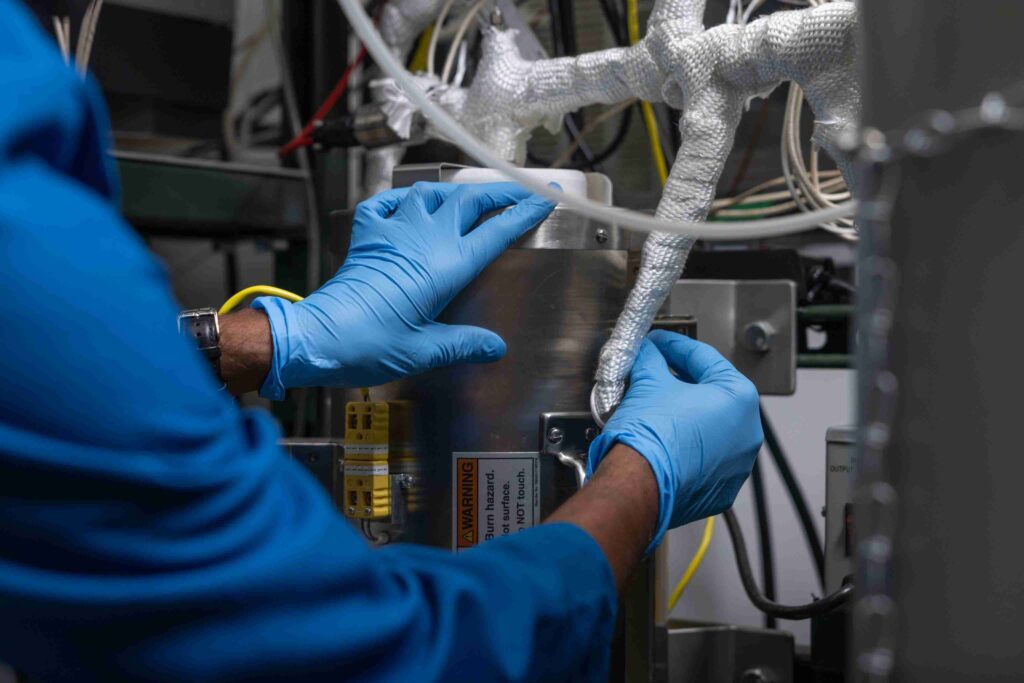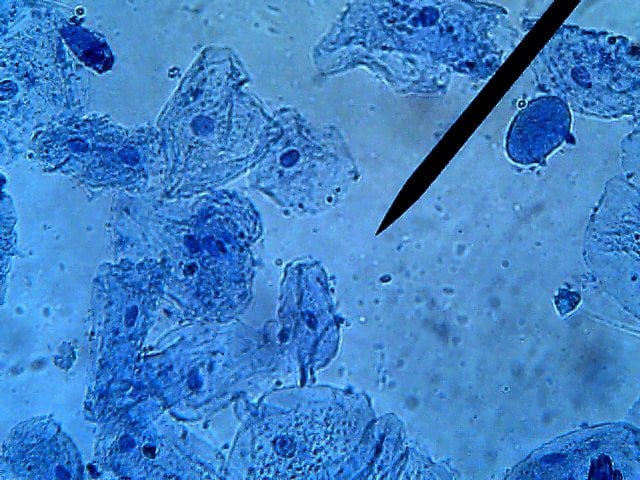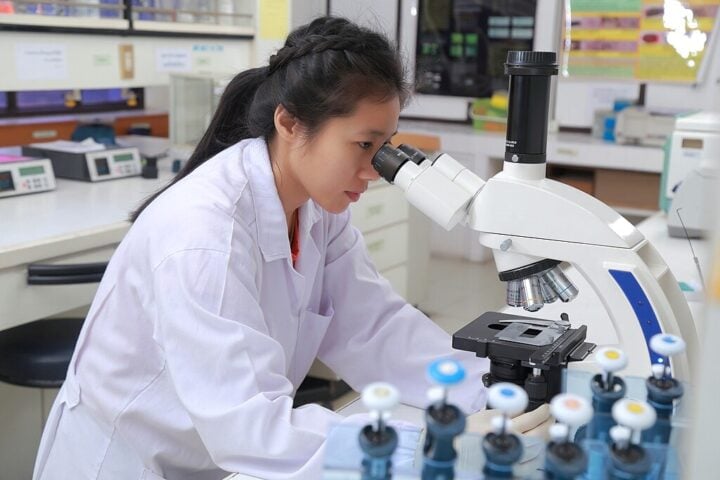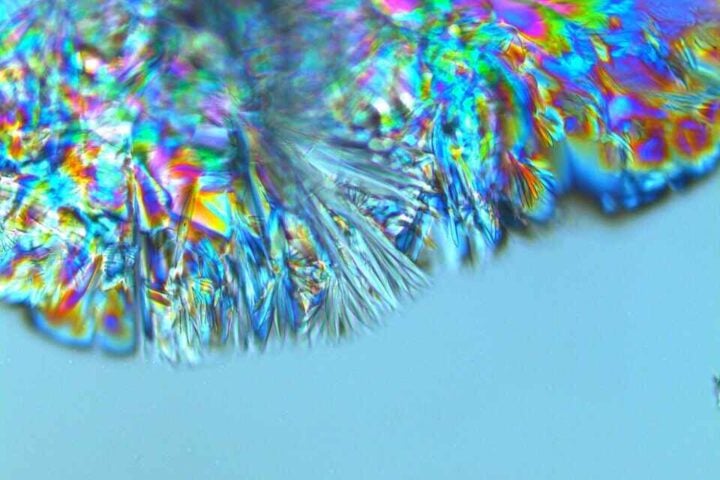New research from Peking University shows that basic kitchen improvements – adding ventilation fans and separate cooking spaces – could prevent 67,400 premature deaths each year in rural China.
The facts are clear. While 82% of rural homes have separate kitchens, only 34% have installed ventilation fans. Dr. Guofeng Shen and his team found that these simple changes reduce PM2.5 exposure by 23%.
“Kitchen renovation offers an affordable solution to reduce health impacts of household air pollution in rural areas, particularly where transitioning to cleaner energy is challenging,” says Dr. Shen.
The research reveals significant regional differences. In provinces like Zhejiang and Guangdong, 60-75% of homes have ventilation. In some provinces in the northwest and northeast, ventilation rates are notably lower, with Qinghai Province having the lowest proportion of separated kitchens at about 43%.
More Stories
The research indicates that kitchen renovations cost approximately $400 per household, with total nationwide implementation costs estimated at $12 billion. The study calculates annual health benefits valued at $19 billion.
The research team identifies several areas needing further study:
- Urban kitchen characteristics require investigation.
- Long-term health effects need additional research.
- Regional variation in implementation strategies requires analysis.
- Integration with clean energy transition efforts needs examination.
Over three billion people worldwide still rely on solid fuels like wood and coal for cooking. These kitchen improvements could make a measurable difference in air quality and health outcomes for rural families.


















